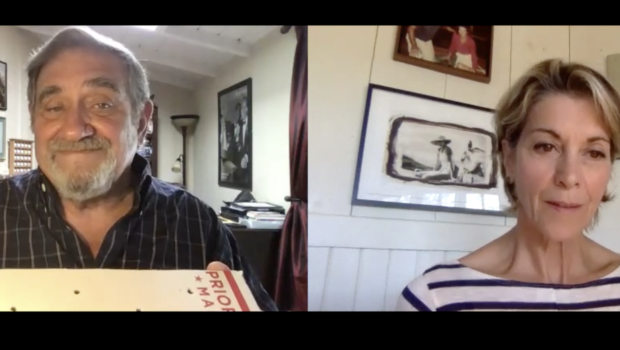
REVIEW: Mile Square Theatre Kicks Off a Series of New Plays with the Vital “Sitting and Talking”
By Jeff Kreisler
Six months into lockdown, how are you feeling? Stressed, tired, nervous, angry, worried, lonely, sad? Whichever emotions are pulsing through you these days, chances are they’re reflected, validated and celebrated in Mile Square Theatre’s production of Lisa Romeo’s new play, Sitting and Talking. This poignant and powerful play touches us at a moment when we all are so desperate to be touched. Isn’t that what art’s supposed to do?
 Sitting and Talking is the first installment in Mile Square Theatre’s “Given Circumstances: New Plays In The Virtual World,” a four-part series starting this weekend. If this 55-minute is a preview of the coming weekends, whew boy, grab the good wine and settle in for a steady stream of life affirming new works.
Sitting and Talking is the first installment in Mile Square Theatre’s “Given Circumstances: New Plays In The Virtual World,” a four-part series starting this weekend. If this 55-minute is a preview of the coming weekends, whew boy, grab the good wine and settle in for a steady stream of life affirming new works.
The play follows two New Yorkers in their 60s as the find their way through the unfamiliar, daunting and often funny world of online dating during Coronavirus quarantine.
We’ve all been on enough Zoom calls to be skeptical about the format’s ability to move us an audience, but Sitting and Talking exceeds even the most unreasonable expectations. It’s not live theatre, something we all love, but it doesn’t attempt to be a substitute for that either. It builds upon the foundation of great theatre to create something that, in many ways, creates a much more personal and relatable connection to the viewer. It’s not rushed, it’s not forced, it’s not phony. It’s real life, shown in a way that makes it easy to place our hearts into these characters because their reality is so close to our own.
Of course, it certainly helps that the performances are impeccable. Film and stage star Dan Lauria (“The Wonder Years”) is joined by Emmy and Golden Globe nominee Wendie Malick (“Dream On” and “Just Shoot Me”) in this two-hander directed by James Glossman. These are pros at the top of their game and they are perfect for the message and the medium.
Speaking of the medium, the story plays out over a month of video calls. As someone who both relies upon and curses tech (hello, homeschooling!), I often forget how features like instant messaging and video conferencing can provide life-sustaining connection. This play doesn’t.
Glossman’s direction also embraces the opportunities provided by this virtual medium, especially in moments of silence, with just one face consuming our screen, subtly passing through 100 emotions and details in just a few beats. These personal, close-up moments aren’t possible on the stage, nor are they allowed to breath so organically on the big screen. Somehow, Sitting and Talking captures the humanity of a Zoom call.
New York City is the perfect setting, both by necessity—the hotspot for COVID-19—and by poetry—the irony of yearning for human contact to connect in a city where that is normally overwhelming, unavoidable and often unwelcome.
Organically balancing the challenges of aging, relationships, connection and meaning with the heightened tensions, uncertainty and fear of living the height of coronavirus, Sitting and Talking reflects the challenge of trying to make a difference in a world falling apart all around us.
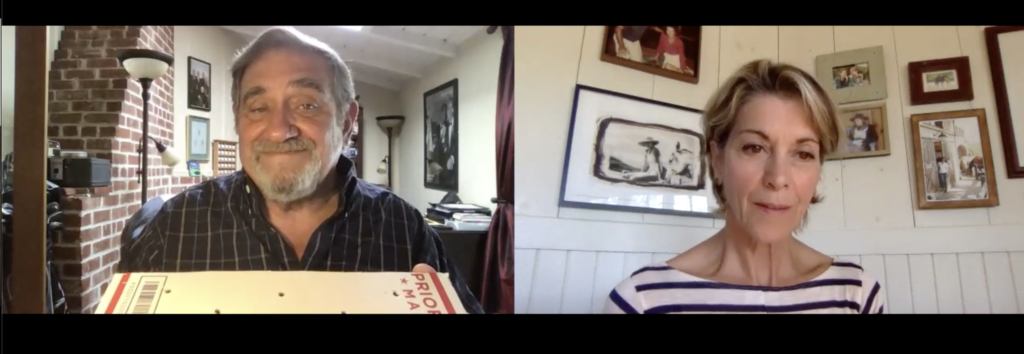
After months of talk of “essential workers,” the play asks us to question what is “essential” in our lives. Is it happiness, connection, safety, comfort, laughter, learning or something else? It somehow articulates the emotions we’re going through but are too tired to articulate ourselves. Scraping half a year of callouses off our hearts, it allows us to feel again.
When life is almost overwhelming, with challenges coming from every direction, do we fight harder for what matters, or do we give in and go under? Do we feel sorry for ourselves or do we reach out to strangers just so our selves can feel? When there’s no one to hold, what do we hold on to?
As Lauria says, in one of a many memorable lines, “I’m not sure the answer is ever to care less.”
The two heroes of Sitting and Talking experience a lifetime of emotions in just one month in the Spring of 2020. Just like we all did. Just like we all still do.
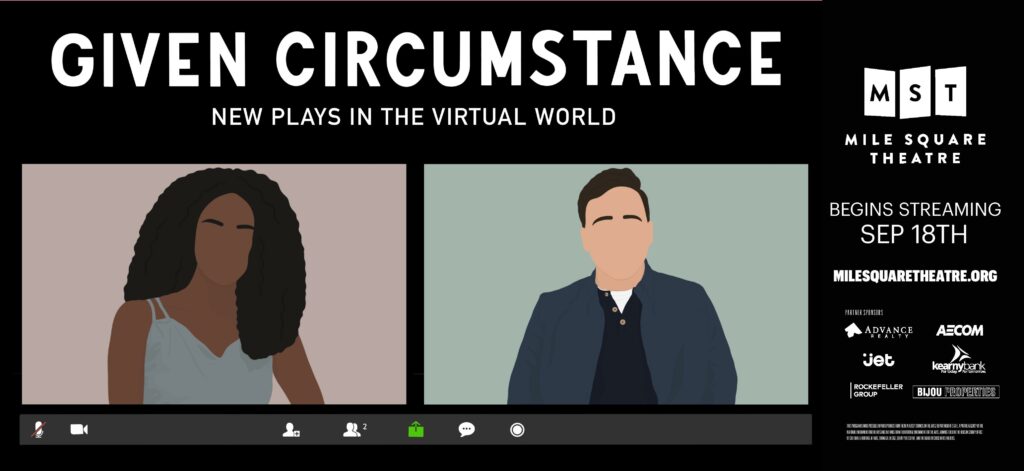
***
Tickets are $20, available at: www.milesquaretheatre.org now through September 20. Once purchased, audience members will be emailed a link through which the stream may be accessed.
***

 Previous Article
Previous Article Next Article
Next Article RAVE: What the Pho? — PhoNomenon Noodle & Grill
RAVE: What the Pho? — PhoNomenon Noodle & Grill  LENT FOR LUNCH: Alfalfa — Salad
LENT FOR LUNCH: Alfalfa — Salad  FAIR TRADE: BarterPays! Brings Basic Principles of Exchange to the Modern Economy
FAIR TRADE: BarterPays! Brings Basic Principles of Exchange to the Modern Economy  MAMMA MIA: The Labor-Inducing Labor of Love That Is Leo’s Eggplant Parm
MAMMA MIA: The Labor-Inducing Labor of Love That Is Leo’s Eggplant Parm 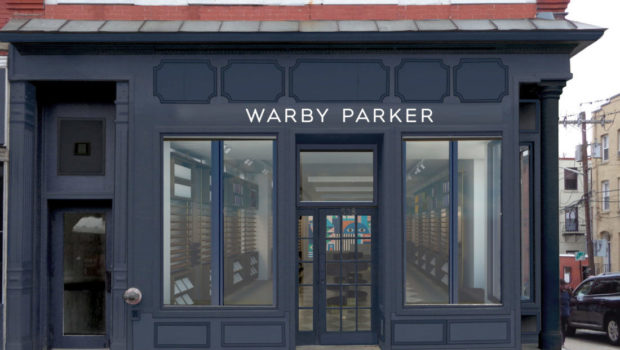 SEEING IS BELIEVING: Warby Parker to Open Hoboken Store
SEEING IS BELIEVING: Warby Parker to Open Hoboken Store  CSBK Talking Banking: Your Bank & Your Community
CSBK Talking Banking: Your Bank & Your Community  RAVE: Keen for Quinoa — The Mile Square Table
RAVE: Keen for Quinoa — The Mile Square Table 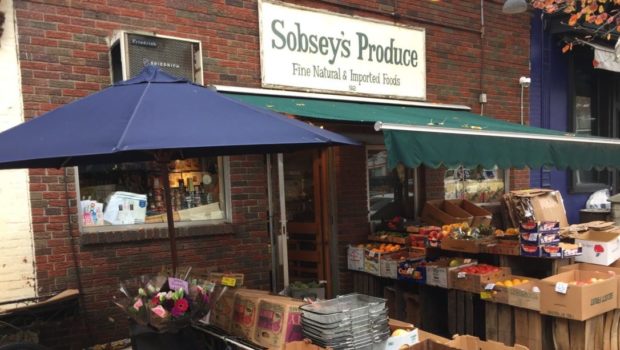 RAVE: Sobsey’s Produce — Fresh Food, Refreshing Service…
RAVE: Sobsey’s Produce — Fresh Food, Refreshing Service…